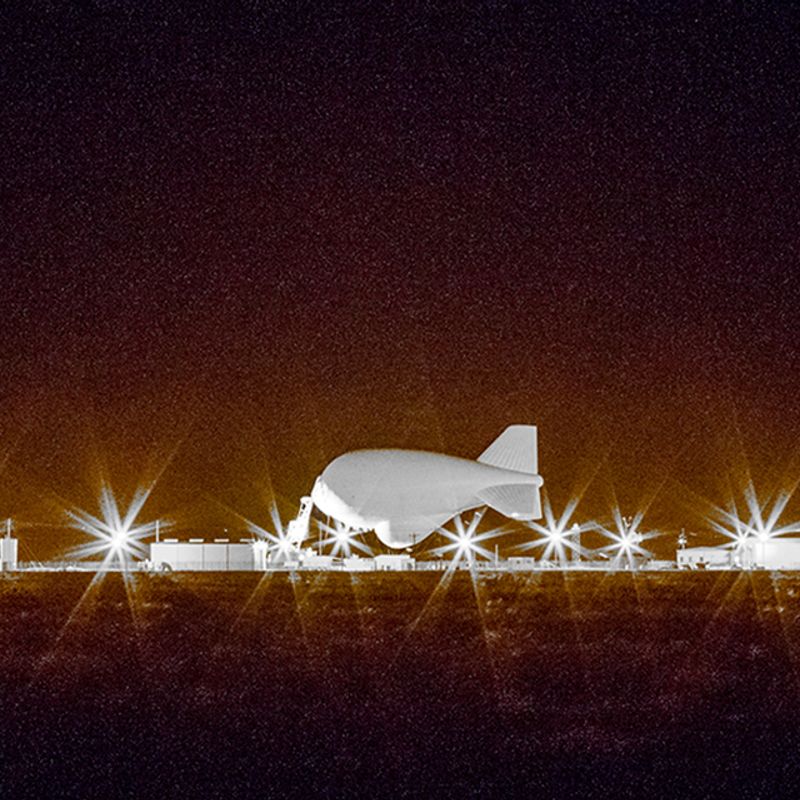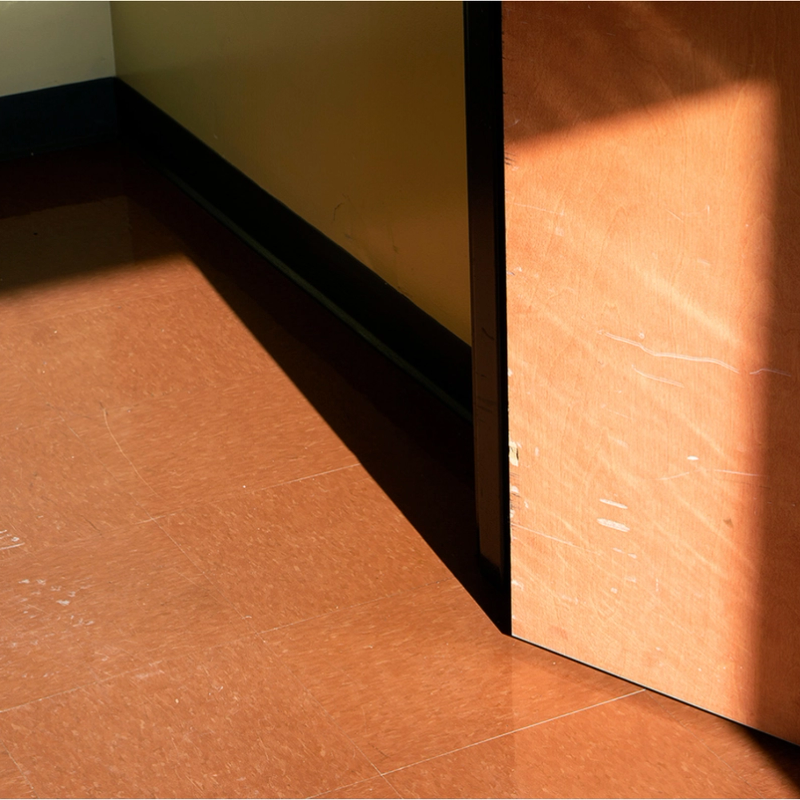Mate burilado
by José WatanabeLa figura del mono
está admirablemente inscrita
en toda la redondez del calabazo silvestre.
Humor
de serrano
le ha puesto en la boca quena de gente.
Mundo feliz el del mono
que se acomoda allí como en vientre,
como en huevo, y con música.
Rueda
por todos los rincones de mi casa
como sonaja
y algunas noches me encuentra y susurra:
hazte redondo.
El mundo a mi alrededor es muy disperso
y la vida no tiene forma.
A mi edad, digo,
puedo desear menos, debería
como el mono
acomodar mi cuerpo
sólo en algunas de mis monadas.
Engraved Gourd
#
translated from the Spanish by
Michelle Har Kim
The monkey’s figure
is remarkably inscribed
upon the entire roundness of the wild squash.
Wit
of the sierra
has placed a folk flute at its mouth.
Happy world of the monkey
who makes itself comfortable as if inside a belly,
as if in an egg, and with music.
It rolls
around every corner of my house
like a rattle
and some nights it finds me and whispers:
make yourself round.
The world around me is so sparse
and life has no form.
At my age, I must say,
I could want for less, I ought
like the monkey
to make my body at home
in just a few of my cute little things.

